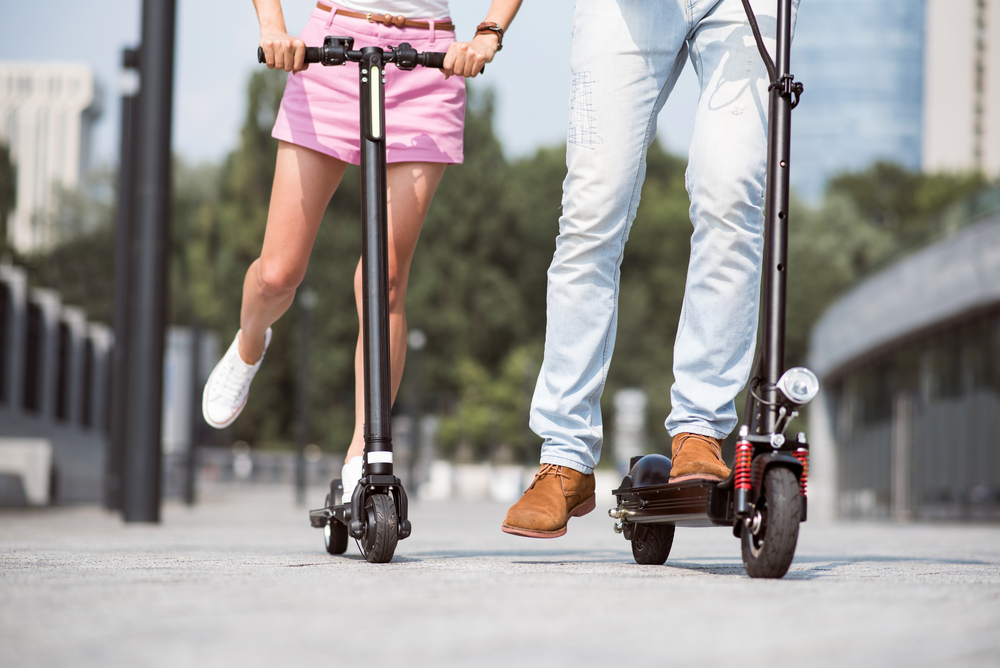While there are an estimated 100,000 personal mobility devices in use here in Spain, many of them the fairly recent mania of electric scooters, there are no national rules yet on where and how they can be used, adding to the chaos on many city roads.
In some municipalities they are allowed the freedom of the highway whereas in others their presence on roads and pavements is strictly controlled.
The matter was brought to a head last week following the public outrage after the death of a 90 year old woman, who was hit from behind by two people who were traveling on the same scooter.
The lady, named Betra, was out for a late evening stroll in her home town of Esplugues de Llobregat in Catalonia when she was suddenly hit from behind by 19 year old Alexi who was said to be travelling at less than 10 kilometres per hour.
Berta fell and hit her head against the pavement. She suffered internal bleeding and died later in the local Hospital.
A judge has now ruled that the young man responsible for her death, thought to be the first fatality involving an electric scooter in Spain will face a fine at the most. He will be prosecuted for recklessness, a minor offense that means he will avoid prison if found guilty.
In the Alicante Province alone there are said to be around 10,000 such electric scooters using the roads every single day but it has taken the death of Berta before the authorities deemed it necessary to issue any form of guidelines.
Alicante’s Local Police is now stopping the scooters, particularly in central areas, to inform the riders about their obligation to travel at a maximum speed of 5 kilometres per hour, and exclusively on pavements, that is, at pedestrian speed, although there is currently no ordinance and the information is purely issued as a guideline. They are prohibited from travelling on the road. However they do say that this may vary when the City Council finally approves the pending ordinance.

These guidelines are aimed at electric scooters and other vehicles with reduced mobility up to 250 watts of power but which could reach a speed of 20 kilometres per hour, and which are the majority of those circulating in the province.
This is an information campaign that will attempt to regulate the vehicles for the time being, until such time as the City Council finalises the municipal ordinance.
The Local Police have said that they are now issuing fines to scooters on the pavements which they consider to be driving at dangerous pedestrian speeds. They also say that those who travel on the cyclocalles are also exposed to denunciation, that is, the lanes of the roads that are shared by cars and bicycles.
This is an issue that has been in legal limbo for years, with rules that are particularly confusing because, on the one hand, the current regulations prohibit scooters on pavements and roadways in the absence of municipal regulations while article 121 of the Traffic Regulation states that skates, skateboards and similar devices cannot be used on the road.





